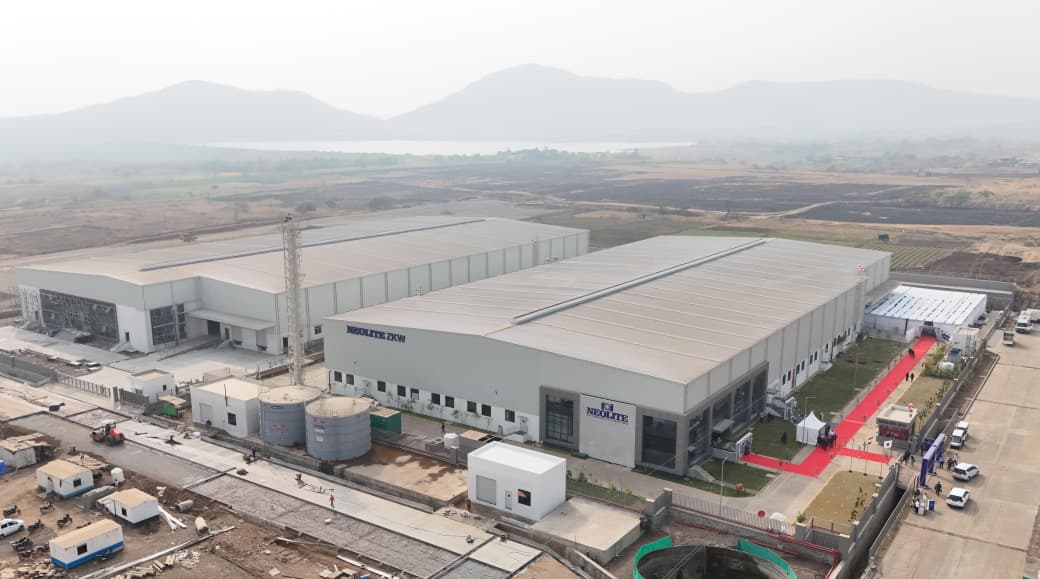|
| Connected industry, also called Industry 4.0, offers German companies numerous opportunities for new business and improved productivity, and thus also for increased competitiveness. This was the message from Dr. Volkmar Denner, the chairman of the Bosch board of management, at an event with representatives of the business community in Ludwigsburg, near Stuttgart. “Connected manufacturing processes have the potential to improve productivity by up to 30 percent,” Denner continued. “Thanks to Industry 4.0, we can also be competitive in a in high-cost country like Germany.” At the same time, the CEO of the technology and services company warned that not all companies have recognized these opportunities. On the one hand, he said, this means that many have not confronted the challenges of connected production early enough. “On the other hand, small and medium-sized enterprises and the mechanical engineering sector in Germany risk losing out to international competitors in this area.” In many cases, countries such as China, the U.S., and Korea are driving forward connectivity far more decisively, Denner argued.Customized products at mass-production cost On the path to connected industry, Bosch sees itself as both a leading proponent and leading supplier of software and hardware. The company is currently working on connecting its more than 250 manufacturing locations worldwide. “Industry 4.0 also enables high flexibility in production,” Denner said. “On a connected assembly line, we can for example produce many different hydraulic valves for agricultural machinery side by side, and add new variants at any time – without any complex retooling.” That makes customized products possible in cost-effective mass production as well. Too slow by international standards Background: Industry 4.0 – manufacturing on the internet of things |












google keyword tool
Heya i’m for the first time here. I found this board and I find It truly useful & it helped
me out much. I hope to give something back and help others like you helped me.